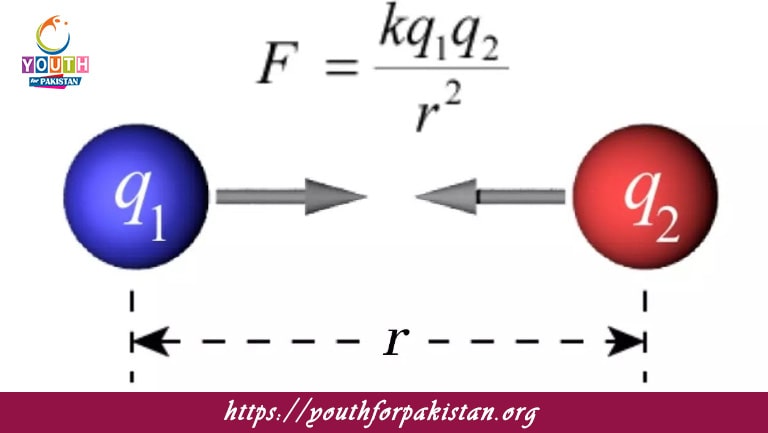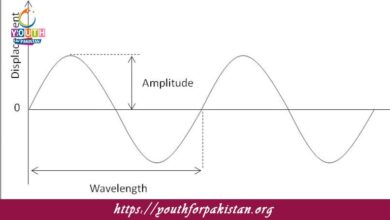Coulomb’s Law MDCAT Quiz with Answers

Coulomb’s Law MDCAT Quiz is the basic principle of electrostatics that defines the force between two stationary electric charges. It describes how the magnitude and direction of the electrostatic force depends upon the magnitude of the charges and the distance between them. Understanding of Coulomb’s Law is indispensable for MDCAT students in the solution of problems in electricity and magnetism.
Applications of Coulomb’s Law
Electric Fields and Forces: Coulomb’s Law is the foundation for the calculation of electric fields and forces in many systems, such as parallel plate capacitors or point charge distributions.
Molecular Interactions: Describes the forces between ions in chemical compounds, such as ionic bonding in salts.
Charge Distribution: Engineers and scientists use Coulomb’s Law to design and analyze charge distributions in devices like capacitors and semiconductors.
Astrophysics: Coulomb’s Law is used to model plasma interactions in stars and space environments.
MDCAT Quiz: Coulomb’s Law
The MDCAT Quiz on Coulomb’s Law will emphasize problems where the student needs to calculate forces, deal with the interaction of charges, and appreciate inverse square relationships. Questions may test students’ ability to analyze multiple charge systems or apply the superposition principle to determine net forces.
- Test Name: Coulomb’s Law MDCAT Quiz
- Type: Quiz Test
- Total Questions: 30
- Total Marks: 30
- Time: 30 minutes
Note: Answer of the questions will change randomly each time you start the test, once you are finished, click the View Results button.
Free Flashcards for Coulomb’s Law
Free flashcards for Coulomb’s Law provide quick and effective revision tools for MDCAT students.

Coulomb's Law states that the force between two point charges is:
Inversely proportional to the square of the distance

The electric force between two charges can be reduced by:
Increasing the distance between the charges
Experience the real exam environment with our expertly designed collection of over 25,000 MCQs MDCAT Mock Tests.





